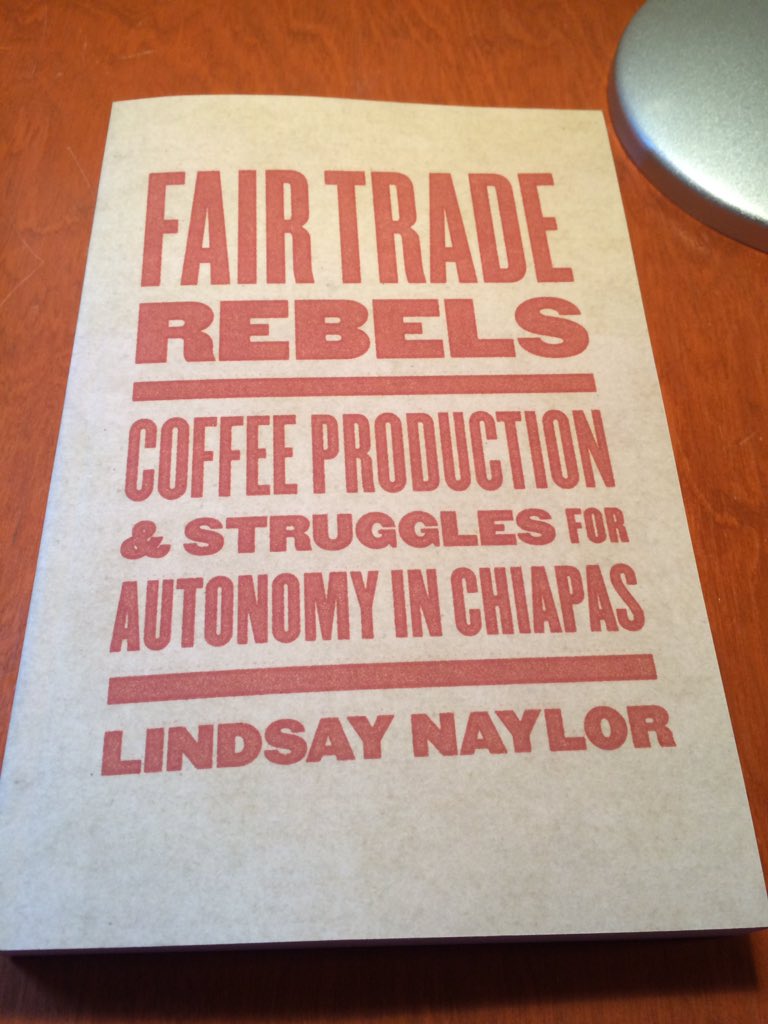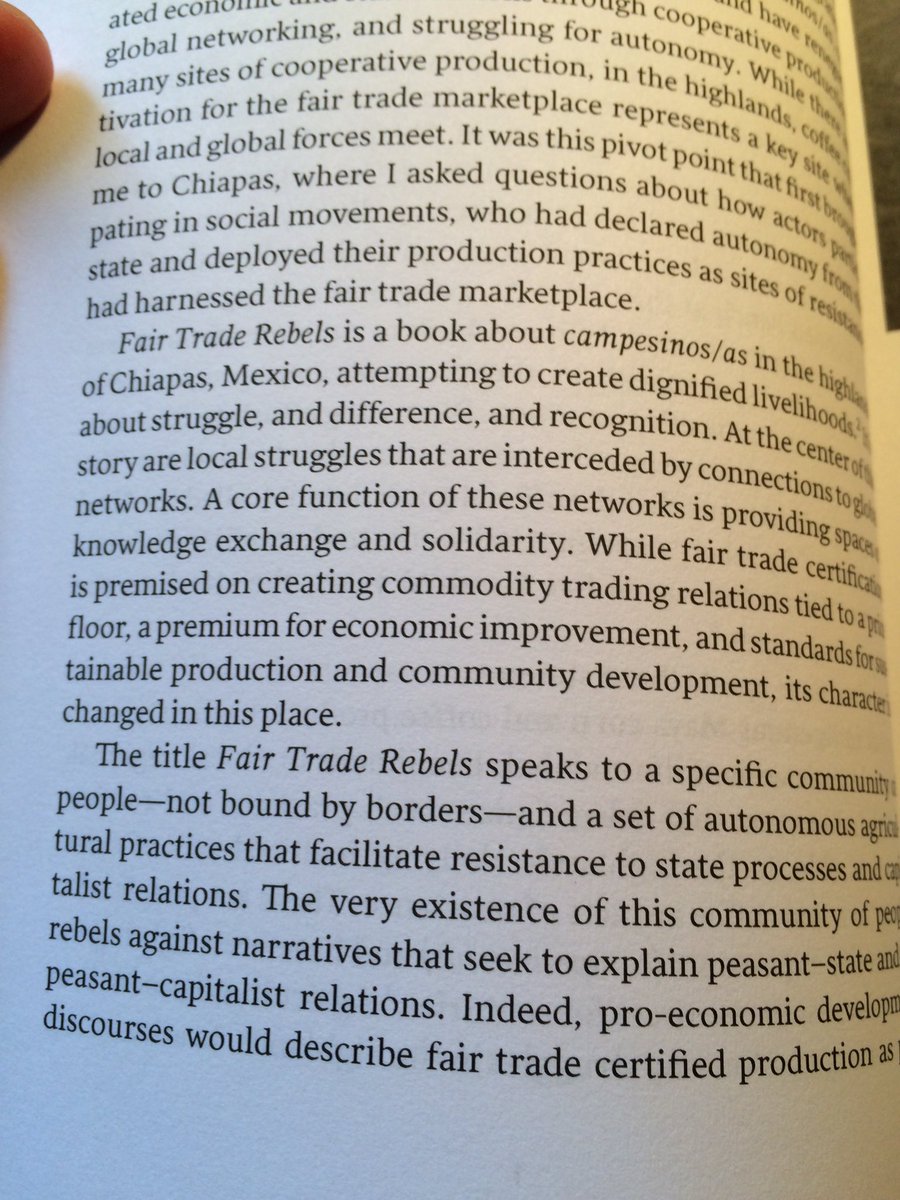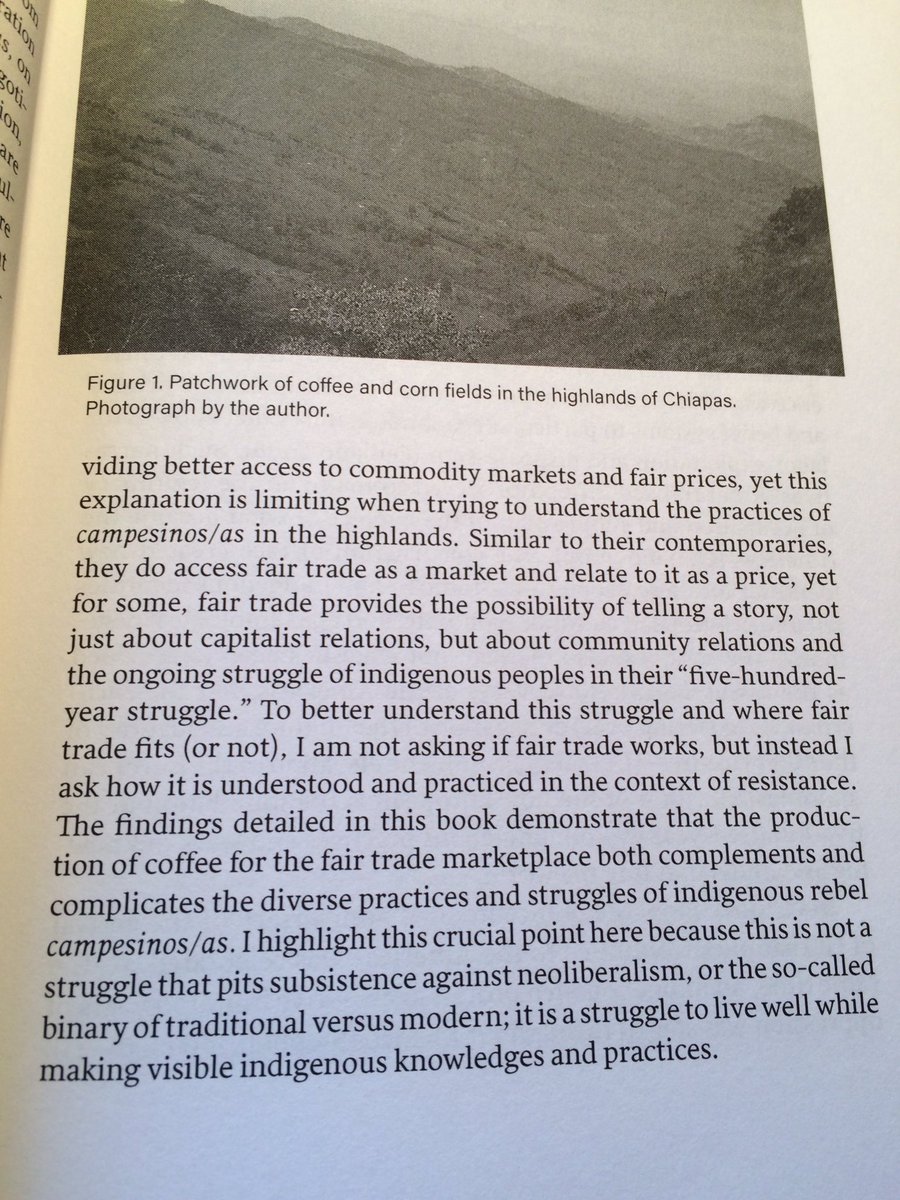DO NOTE: In this post, I wrote about writing a Research Statement and crafting a Research Trajectory. This was not by chance. There's a logic to this.
A Research Trajectory can do ...
1) it can present a narrative in timeline form of how your thinking has evolved.
2) it can present your Research Plan for the next 5-6 years (pandemics and life will obviously derail that plan!)
So what I have done with my own Research Statements is...
Many people didn't know why I was invited to participate in a global workshop on the future of environmental policy. Well, at the beginning of my career, I *was* a specialist in environmental policy instruments
Having a cohesive Research Statement that reads a bit more like a Research Trajectory allows me to explain how my thinking has evolved.
What must be clear from my blog is that...
I haven't had time ...
Paul explains his projects through time
If people want to learn more about how to craft a Research Statement, I think one strategy would be to poke around and read the "Research" pages of various scholars' websites to find patterns...
Truth be told, the way I have made peace...
Also, my work (though it crossess...
Studying collaborative behaviour has led me to write on environmental activism and transnational coalitions.
Studying water conflict has led me to study this resource.
I link to my own work to show you how, despite the apparently disparate strands of research I have, everything makes sense and coalesces around
Anyhow, just my two cents in hopes this thread may help those crafting their research statements.
</end thread>





